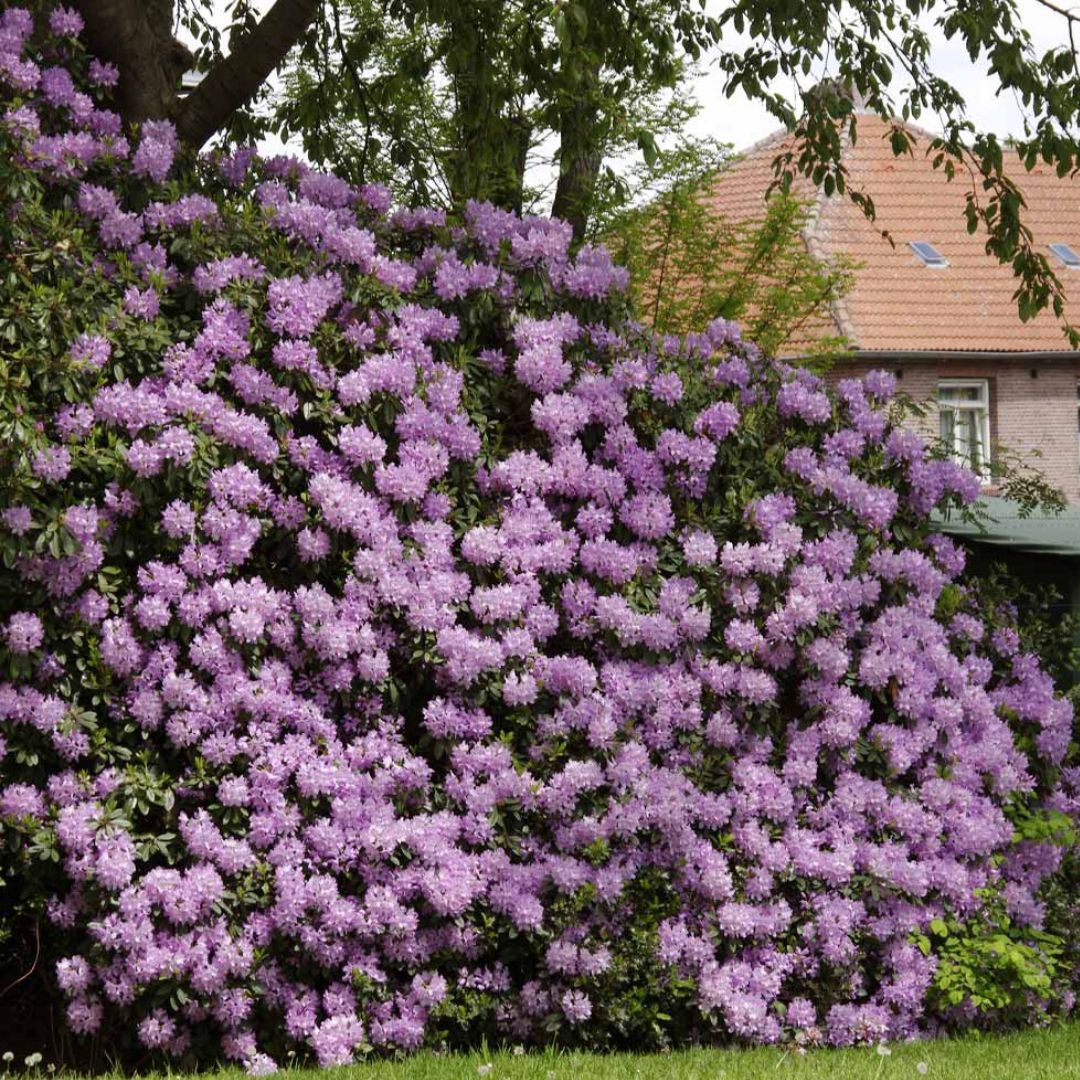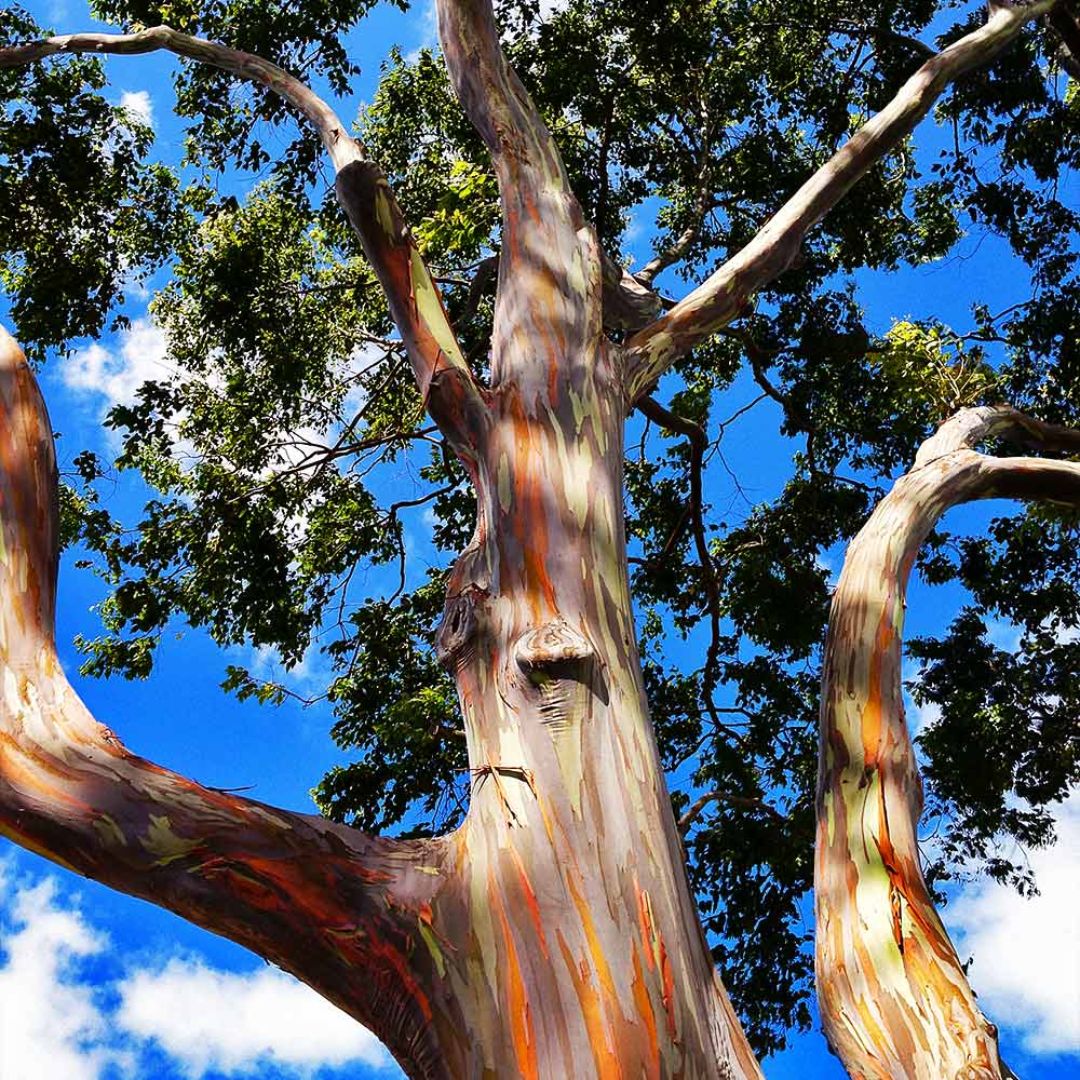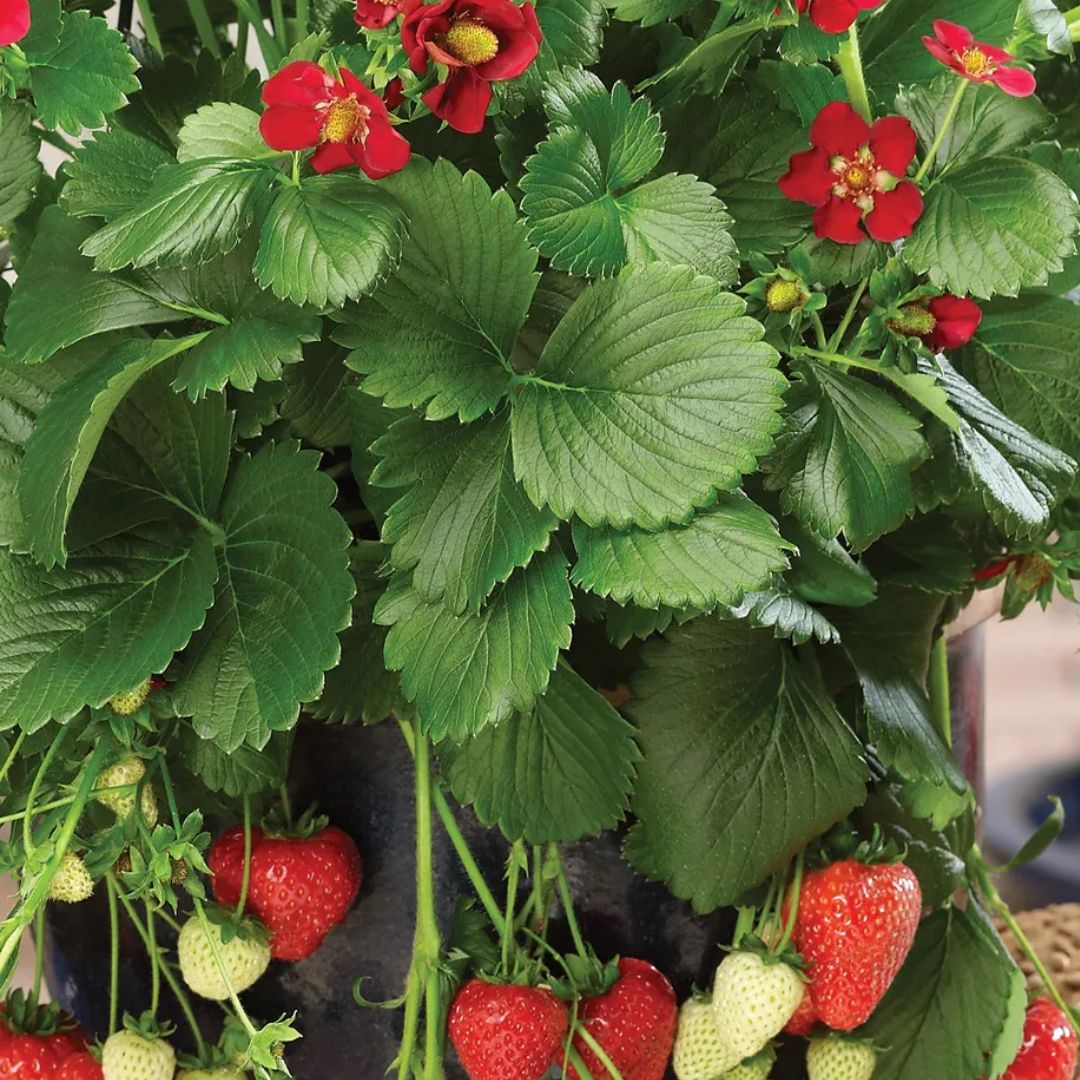Mediterranean Garden Ideas — 11 Planting, Landscaping and Design Inspirations for a Sunny Backyard
Tap into the trend for Mediterranean garden ideas to create a dreamy summer sanctuary where you can take it easy
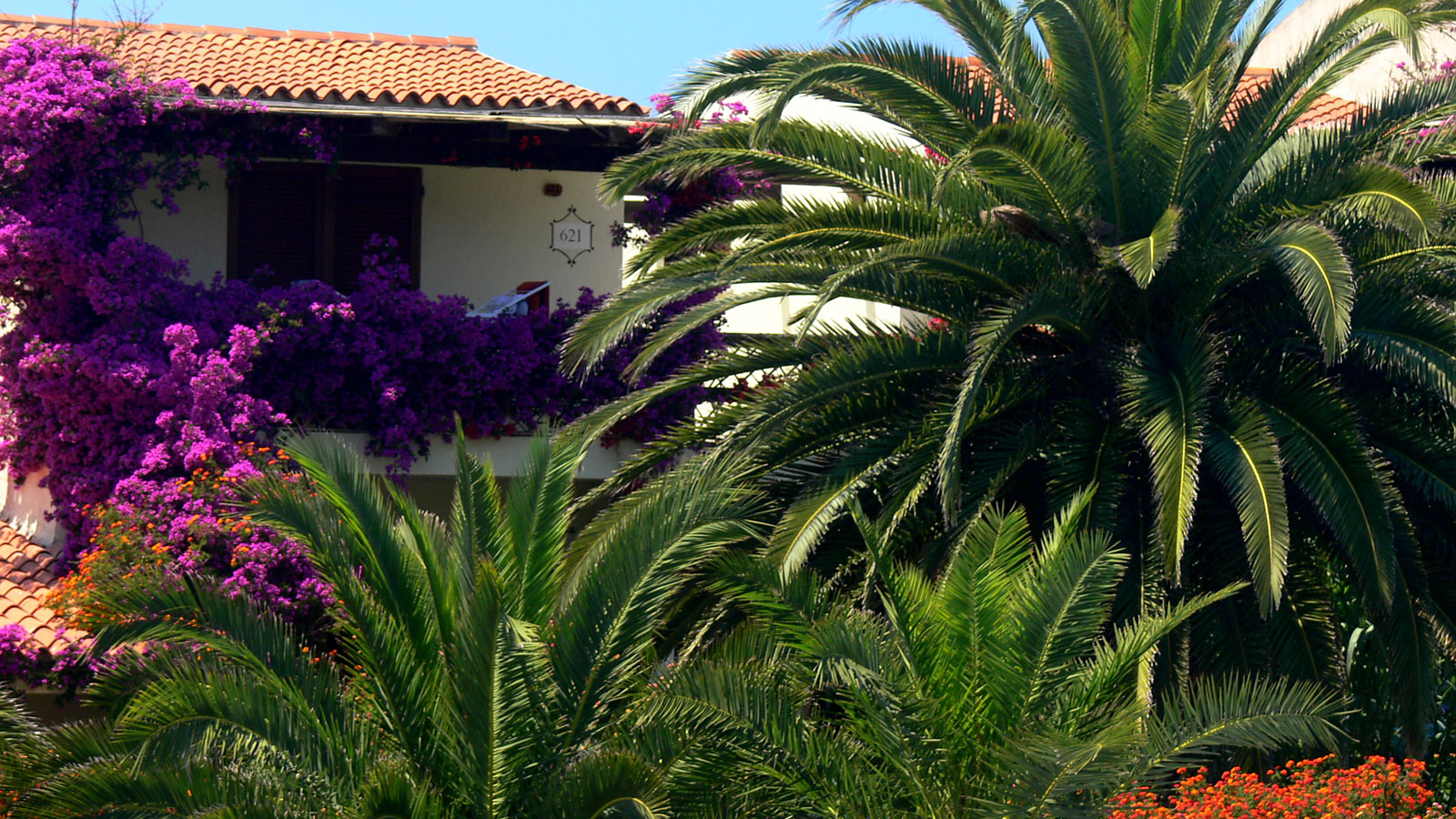
Mediterranean garden ideas are easy to replicate in your outdoor space. Think: A simple combination of warm-toned hardscaping materials, informal gravel paths, tranquil water features, and bold colors. All these make for standout elements of this design.
Also, this style incorporates pretty drifts of loose and unstructured Mediterranean garden plants. Plus, outdoor living spaces with shaded trees and pergolas offer the best sanctuary. So what's not to like? Here's how to incorporate it in your backyard.
1. Choose drought-resistant plants
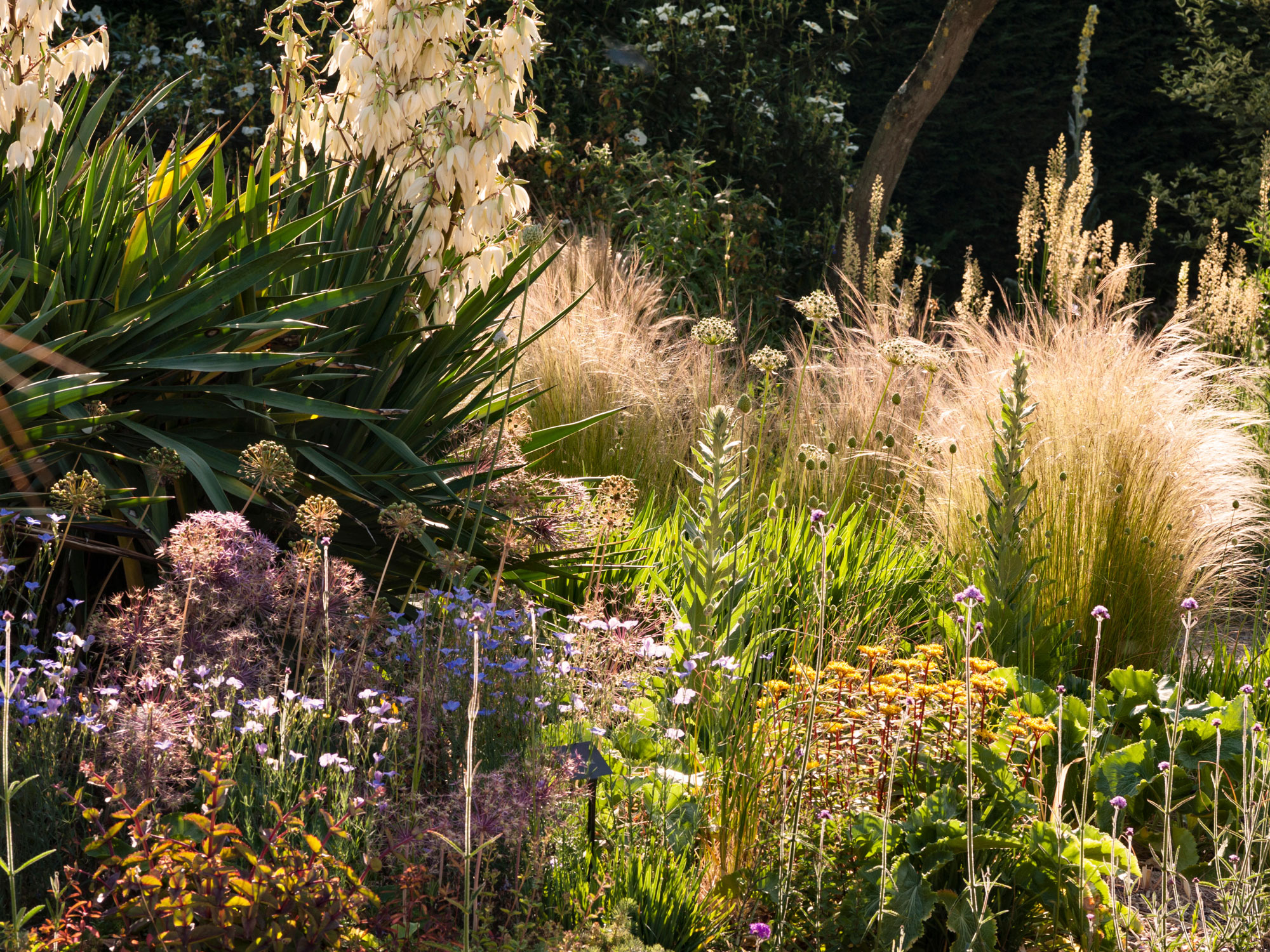
Ornamental grasses and shapely yuccas provide the backdrop to drought resistant planting
Think Mediterranean gardens and inevitably planting is the first thing that comes to mind. Colors of plants that thrive in the Mediterranean climate include soft mauve (such as lavender and Nepeta), blue (globe thistle and sea holly), pale lemon (Santolina) or gray (Artemesia).
As a bold contrast, the bright splashes of color offered by varieties like bright orange and yellow Californian poppies or the cobalt blue spheres of Agapanthus are often added to the mix. All are set off perfectly by a backdrop of soft ornamental grasses.
If you choose these varieties that naturally occur together in hot, dry regions they will thrive and look right together as part of your backyard. Sun-loving Mediterranean plants are tough and drought-tolerant yet beautiful.
'Annual rainfall in regions with a Mediterranean, semi-arid climate seldom reaches more than 20 inches, and most of it falls in winter,' says Noelle Johnson, author of Dry Climate Gardening. 'Periods of drought do occur and are happening with greater frequency. Summers are warm and dry, while winters can be wet when rainfall occurs in average amounts.'
Mediterranean plants thrive in poor soil and once established don't need a lot of water. They look best planted in natural drifts as part of an informal planting plan, and they often have gray or silver leaves (such as lavender and lamb's ears), which help deflect the heat.
2. Landscape with trees for structure and shade
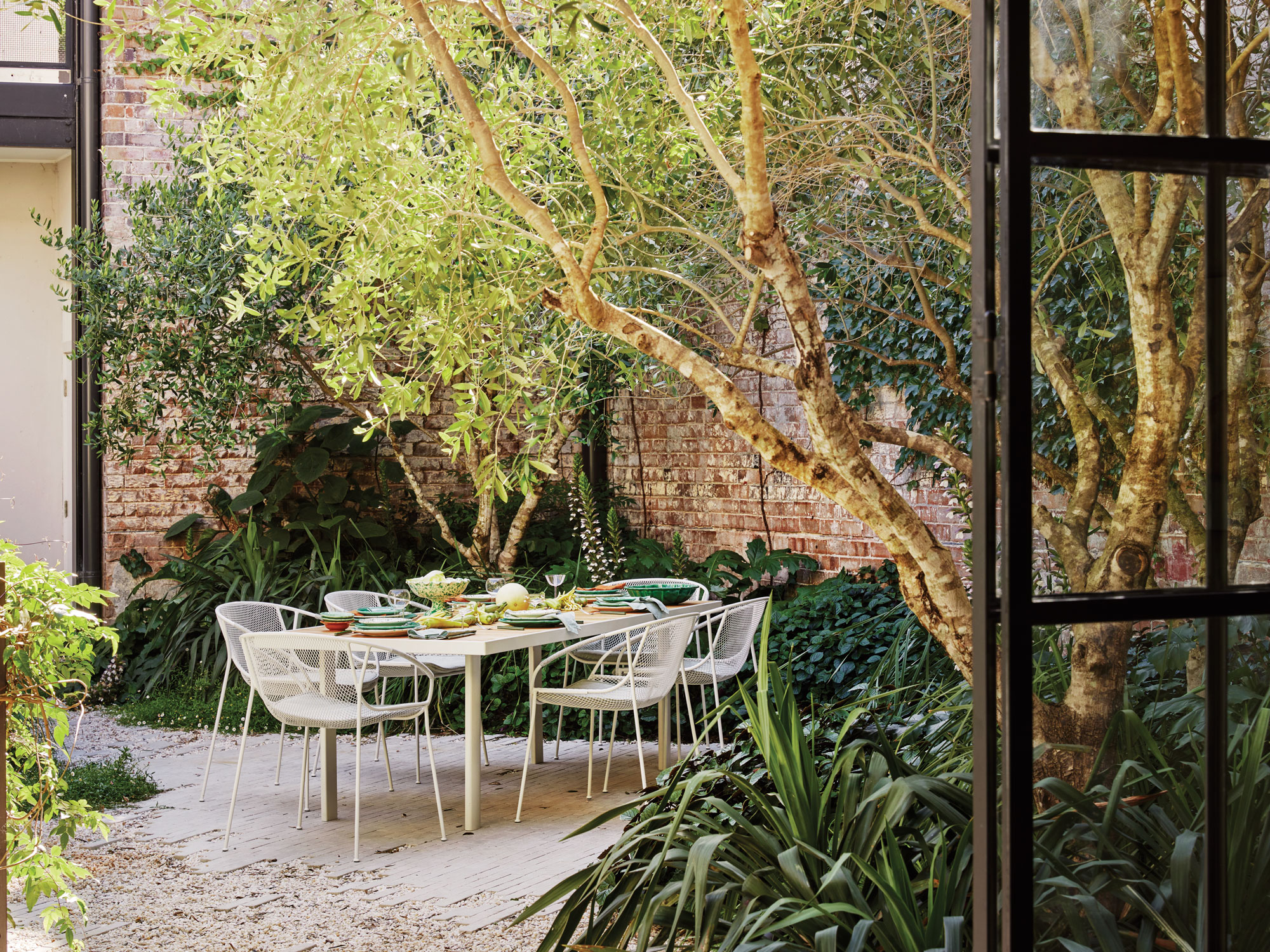
Living Plateau Outdoor dining set from kingliving.com
The best Mediterranean gardens are always cool and shady to retreat to during the hottest part of the day. There are lots of varieties of trees to choose from that work in this type of climate and will also add a shapely focal point to your modern garden design.
When planning a Mediterranean garden first think about structural trees to get the outline of your design in place. If you have the space decide which trees to add for year-round structure and shade in the hottest months.
Drought-tolerant trees, such as Pyrus calleryana (Gallery pear) and eucalyptus, are a good starting point in a dry climate. Arbutus unedo (also known as strawberry tree) is a small variety that's perfect for Mediterranean gardens, and it thrives whether planted in sun or shade. Many varieties will work in a large container too.
3. Or add a pergola covered with vines
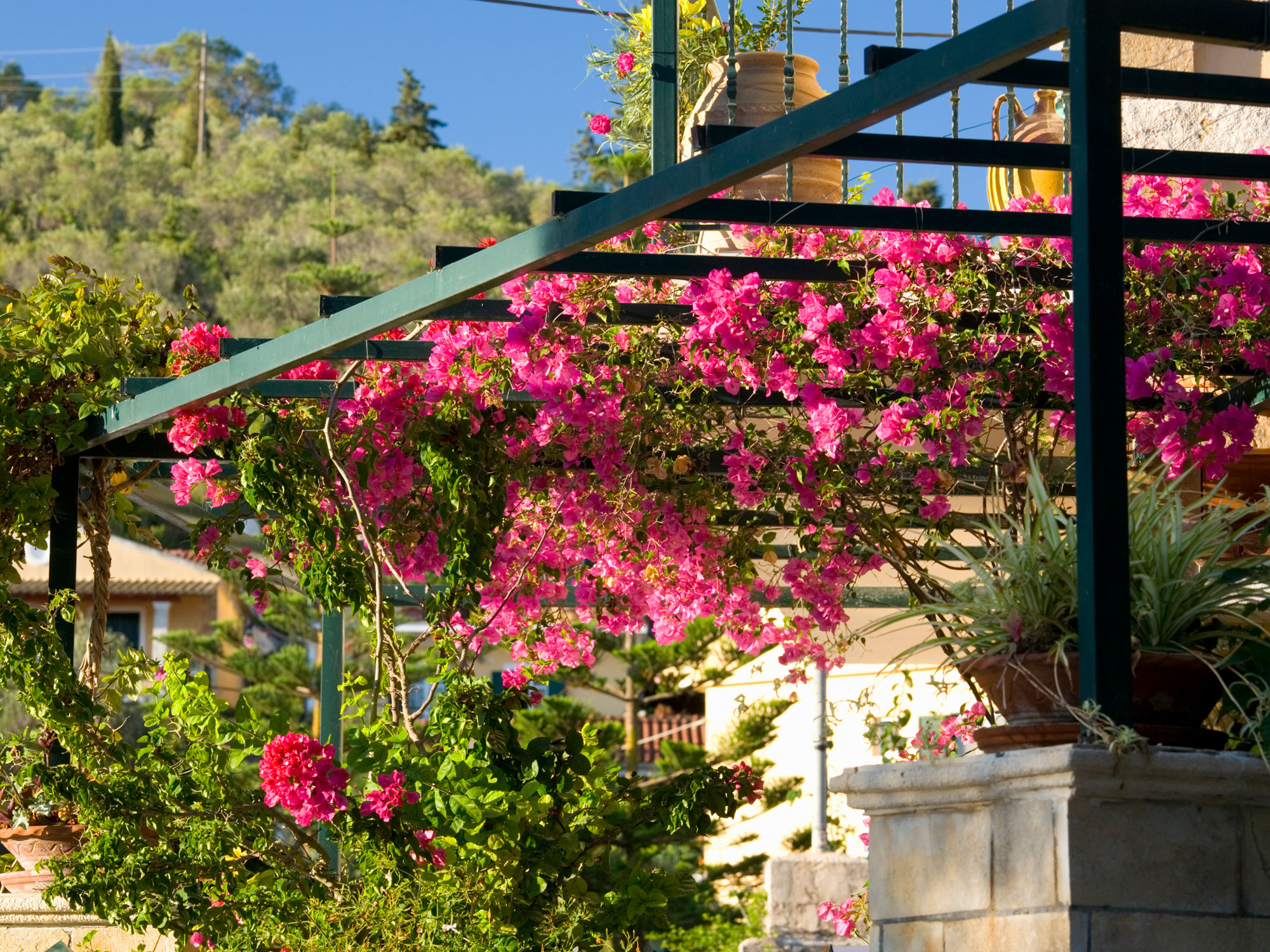
Choose beautiful pink bougainvillea to ramble over a pergola
Adding a pergola to your Mediterranean courtyard garden is a must, as it's a lovely feature with practical benefits too. It creates shelter and shade when it's hot, and makes your outdoors feel more private. They offer the perfect place for outdoor entertaining too.
Climbing plants love to scramble over the framework, which offers precious extra vertical space for growing, especially if you have a small backyard. It provides the perfect support for everything from fragrant honeysuckle, jasmine, clematis, bougainvillea, and roses to trumpet vine, golden hop, and morning glory. So take your pick as one of these (or more) will suit your growing space.
Alternatively, leave a pergola unplanted and it will add an architectural element to your Mediterranean design scheme, especially if you paint it in a bold color.
4. Make gravel your go-to landscaping material
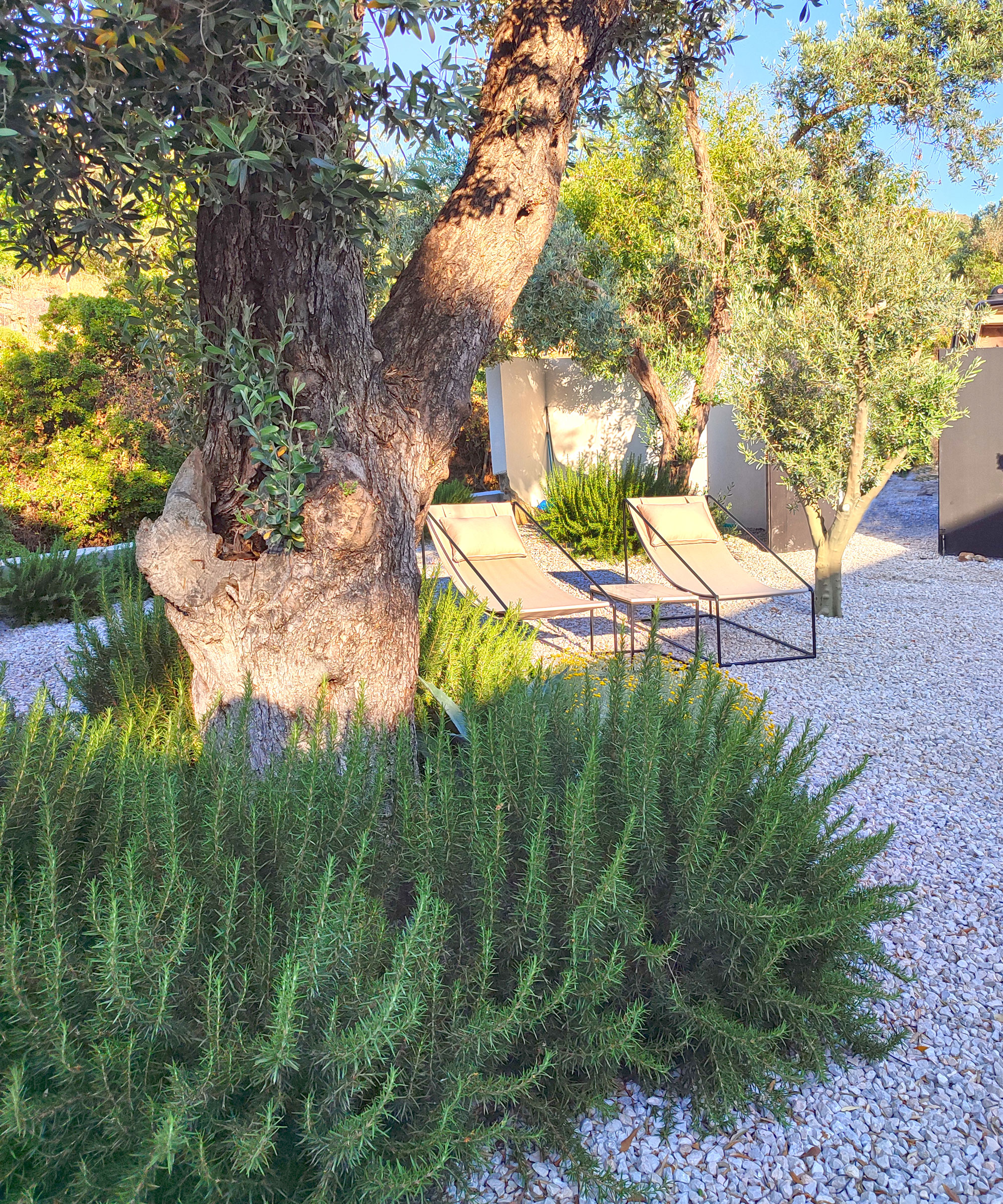
'If space allows, use light-colored gravel landscaping for creating winding pathways throughout your garden,' says Laura Janney a New Jersey-based gardening expert, botanical stylist, and founder of The Inspired Garden. 'This not only adds an aesthetic appeal but also reduces water usage compared to maintaining a traditional green lawn.' The light color of the gravel will help to reflect heat onto the plants.
Gravel is a versatile landscaping material. You can use it to soften the edges where gravel meets a pathway by allowing easy Mediterranean herbs like thyme, oregano, or marjoram to spill over in soft waves.
In addition to pathways, gravel can be used in planting beds. Finer-grade stones are perfect for spreading around plants and on borders. They can be used as pocket inserts to break up hardscaping. Gravel has other practical benefits too as it helps to suppress weed germination, as well as keep the soil moist. It conserves the heat in the soil, helping warm-weather plants to survive winter.
5. Plant up a supersized urn
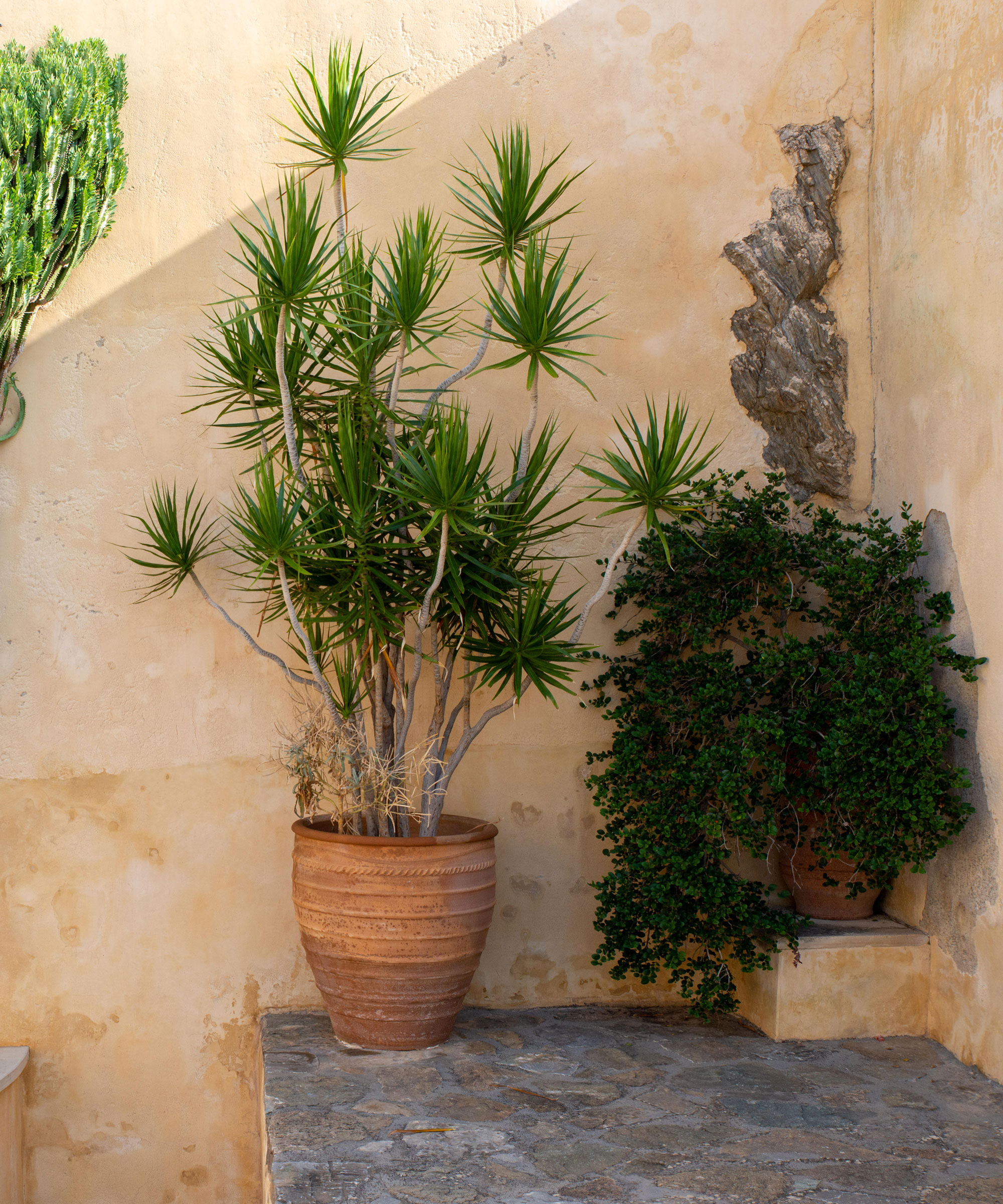
A classic feature of Mediterranean patios and courtyards are large terracotta planters, jars, and urns that offer a strong architectural focal point when planted with a shapely specimen such as a palm or olive tree. The warm color of natural terracotta is the obvious choice for a Mediterranean garden and always looks good.
Alternatively, you can plant up a terracotta urn with colorful geraniums for a splash of color, in line with backyard color trends. Scarlet and shocking pink varieties look especially stunning planted up in terracotta. Or opt for statuesque agapanthus blooms in shades of inky dark or icy light blue to add a note of drama.
6. Include a palm tree in your design
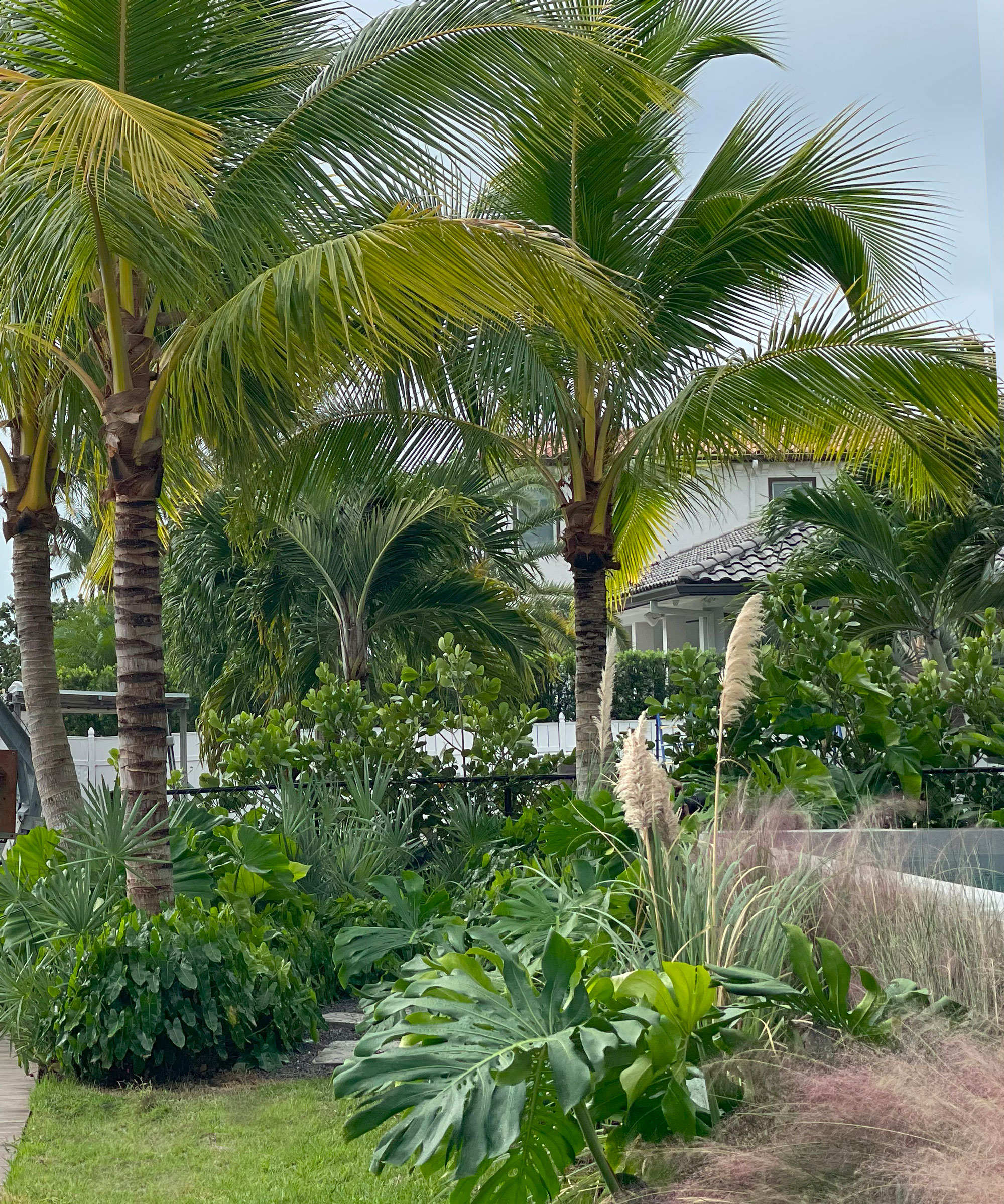
A palm tree will lend an instant Mediterranean vibe to the space, and really there is no better tree for this type of design. While they generally need plenty of sun and warm temperatures to thrive, many species are cold hardy and shade tolerant. Find out how to plant a palm tree and you will soon discover how easy they are to care for.
The fronds will look beautiful wafting in the breeze, while the trunks offer interesting texture. In combination, they add a key architectural statement to your design. If you are short on space the good news is that you can buy dwarf varieties that are perfect for large pots.
7. Install a tranquil water feature
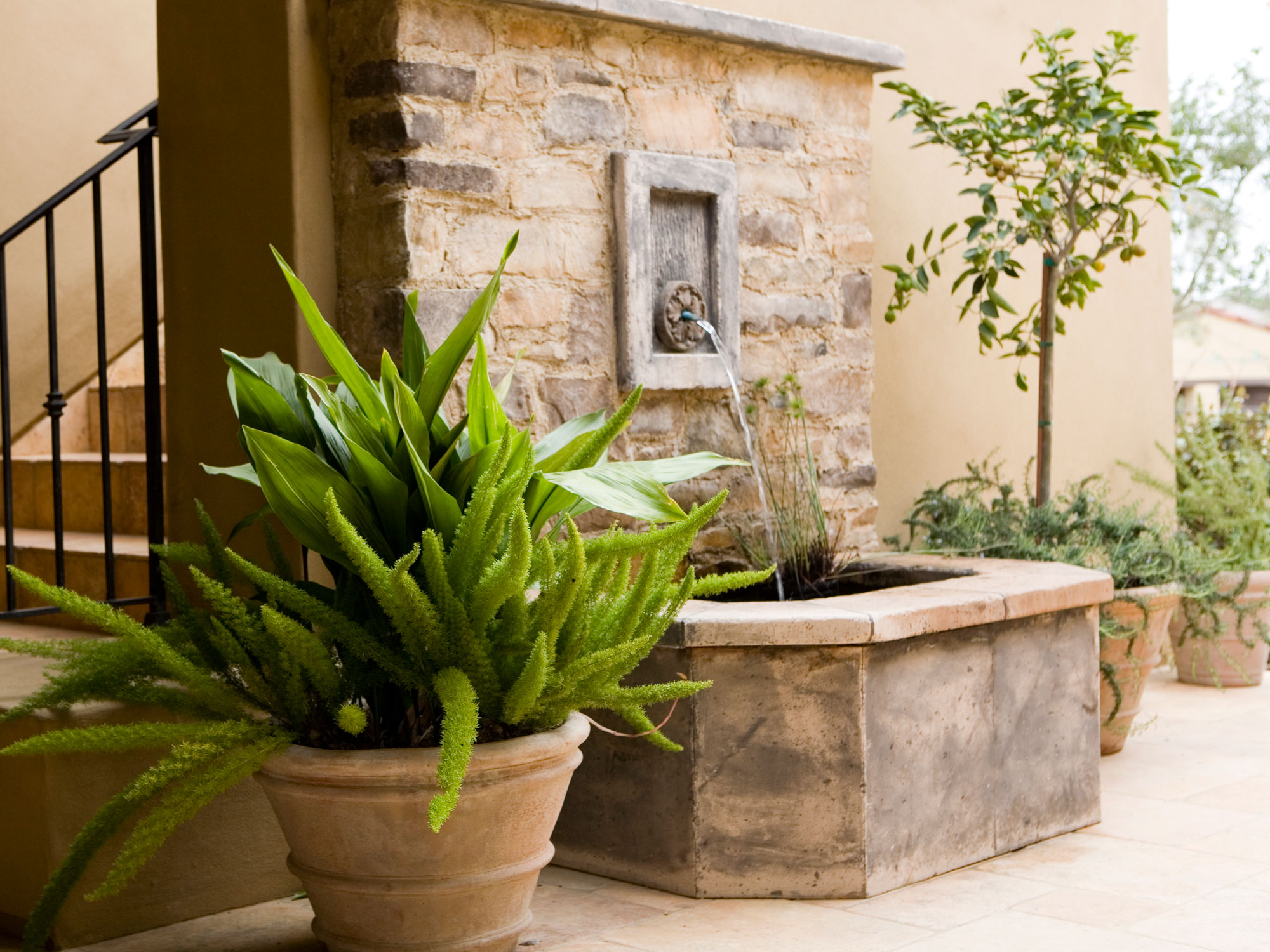
There's something about the trickle of water into a small natural pool that's instantly soothing. So if a calm place to sit and feel immersed in nature is top of your wish list be sure to add a water feature to your Mediterranean garden ideas. As well as enhancing your outdoor space aesthetically this will introduce a place for calm moments and quiet contemplation.
If you choose the right design, it's easy to add a water feature to even the smallest of outdoor spaces. It will create a cooling, calming focal point that draws the eye by bouncing light off the reflective surface of the water. You can also add plants, fish, and lighting to enhance the experience.
8. Select furniture in natural tones
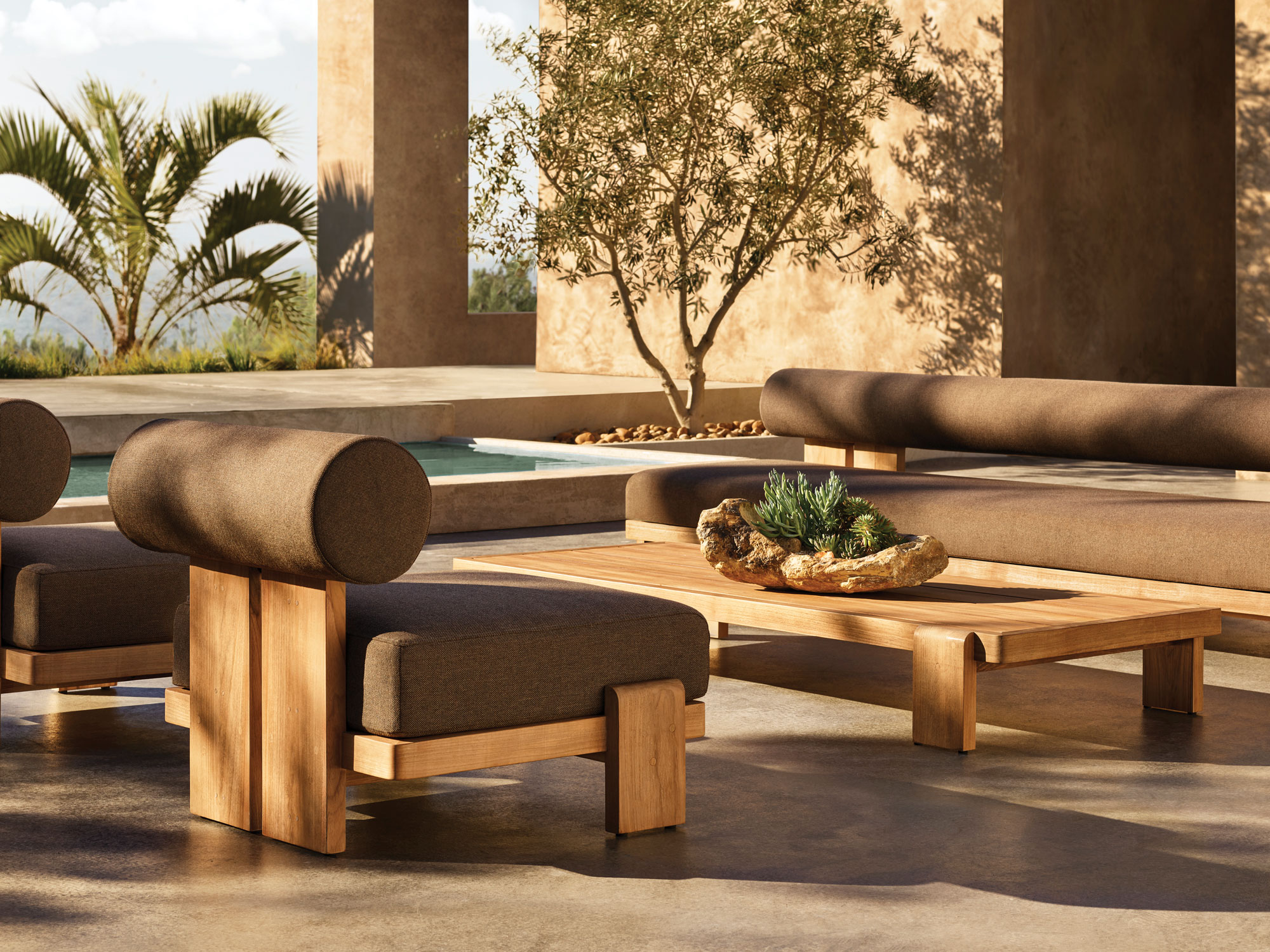
The new Gemini Collection from RH Outdoor, which complements the natural environment with a harmonious blend of function and aesthetic sensibility
Mediterranean gardens create a comfortable and inviting environment for relaxation, socializing, and enjoying nature. Choosing the right modern outdoor furniture can convert this space into a retreat. When choosing a design, look at the colors found in nature, such as rich earthy shades of terracotta and the muted tones of gravel and stone.
'Our new collection draws inspiration from the natural formations of the landscape, interweaving soft textures and warm tones gathered from the surrounding environment,' says Claudio Bellini, designer of the Gemini Collection as part of RH Outdoor. 'This helps to create spaces that feel as welcoming and protective as a nest discovered in the varied terrain of the outdoors.'
9. Grow Mediterranean herbs and vegetables
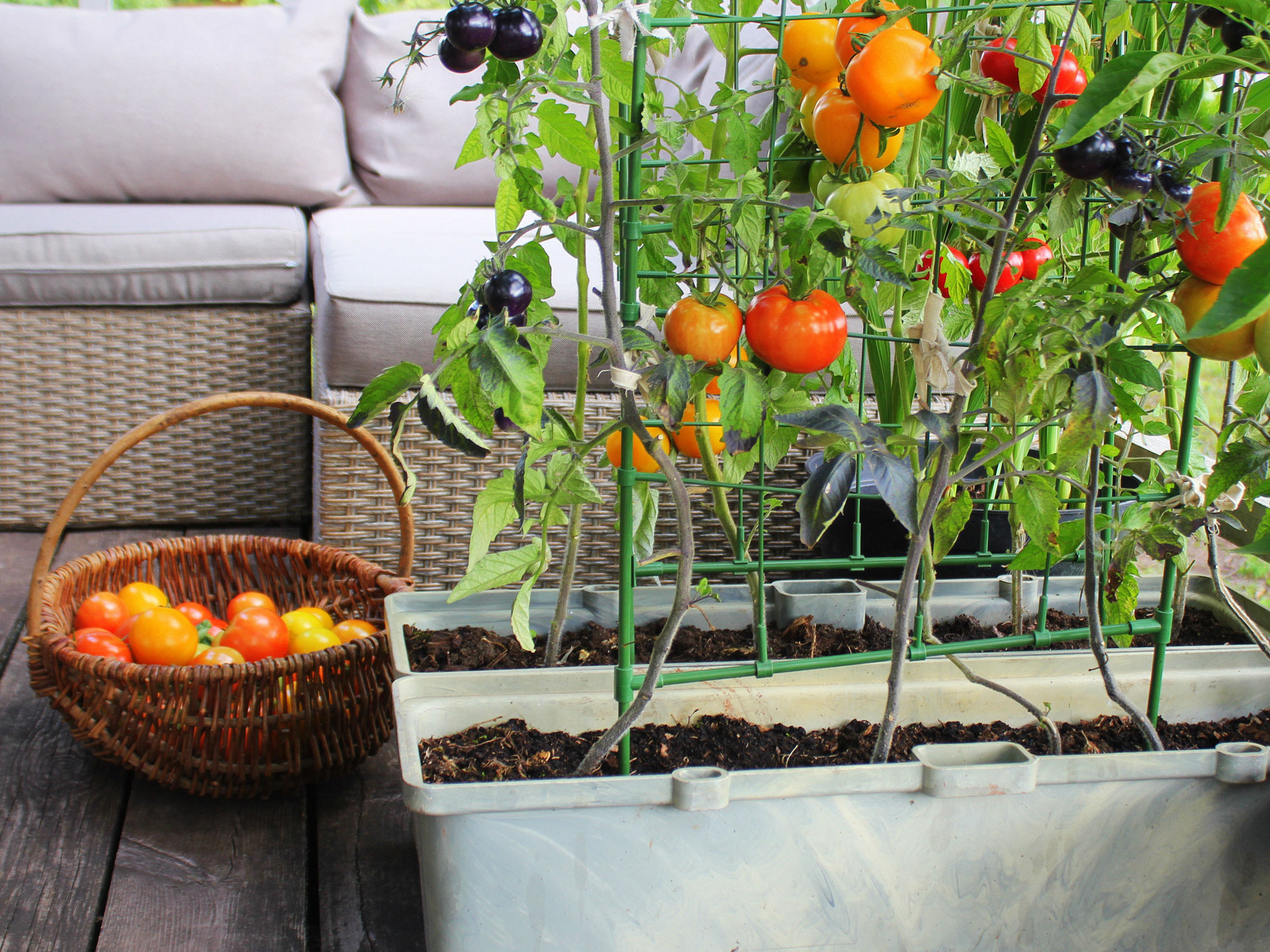
'Tomatoes are the best crop to grow,' says Troy Smothermon, founder of StartOrganic, based in the Bay Area. 'You can grow tomatoes in containers and in the Mediterranean garden, choose styles such as 'San Marzano', 'Regina' and 'Genovese'. It's best to cultivate a diverse selection of tomatoes in your garden, mixing up heirloom varieties and hybrids.'
Troy says eggplant is another excellent option. 'Try 'Black Beauty' and 'Rosa Bianca' as they are the best for ease of growing and have plentiful uses in the kitchen.'
When it comes to the best herbs for a Mediterranean garden cilantro is always a favorite. 'It's such a beautiful plant to add to a backyard garden,' says Sarah Warner, greenhouse manager at the Case Western Reserve University Farm. 'The scent is just lovely, and the leaves can be picked fresh or hung up to dry to use after summer months are over, taking the Mediterranean vibe with you through the colder months.'
Be sure to include all the other favorite Mediterranean herbs, especially rosemary, thyme, fennel, and oregano.
10. Take houseplants outside for a summer vacay
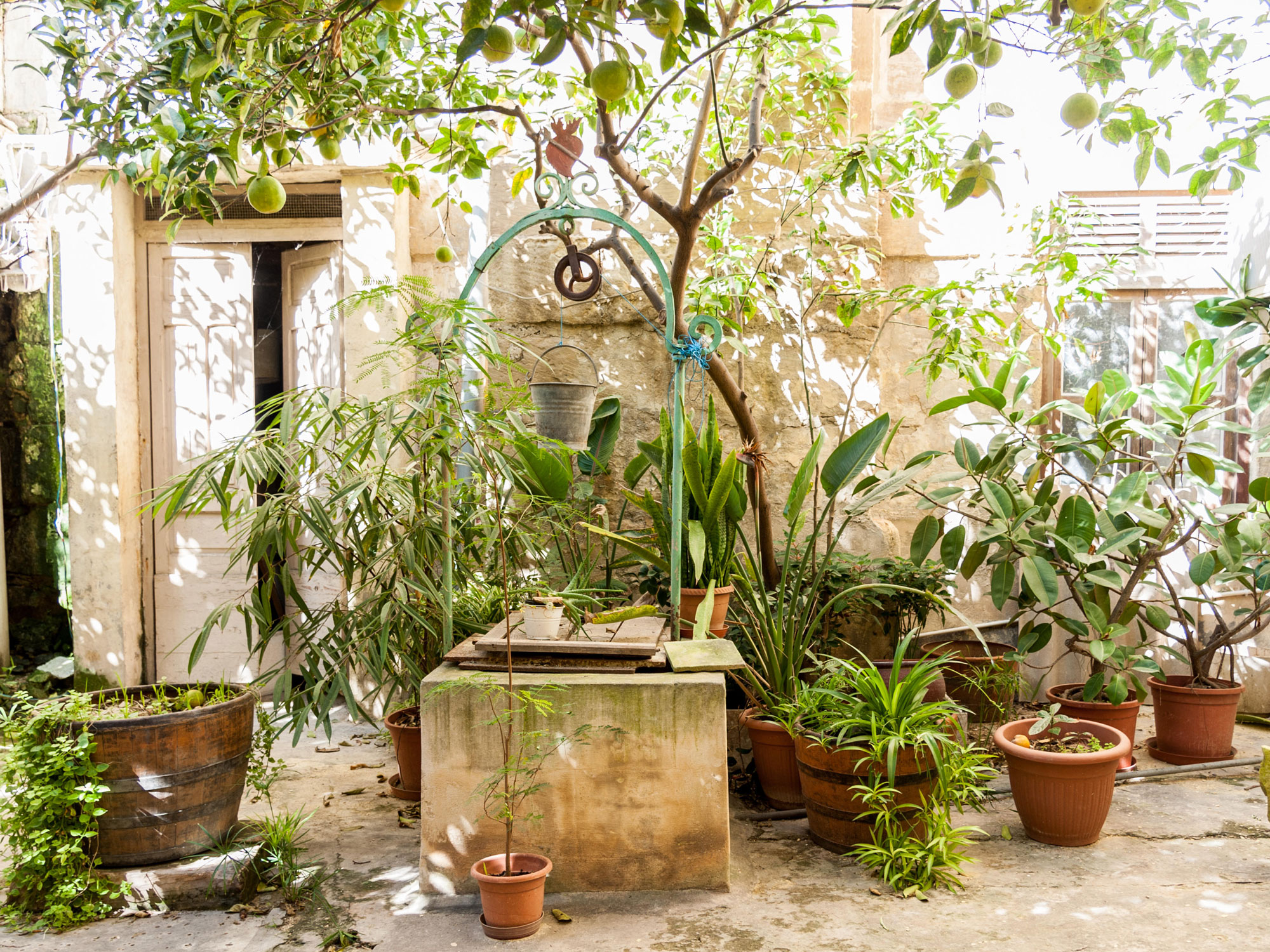
The Mediterranean climate is, or course, characterized by hot, dry summers. 'Many indoor plants enjoy being outside in this environment, such as various species of cacti and foliage succulents,' says Julia Omelchenko, resident botany expert at Plantum. 'In this climate, you can move most popular houseplants outside for summer.'
Keep in mind that any sudden changes in environmental conditions are highly stressful to plants. Don't place houseplants in direct sunlight immediately, as this may lead to sunburn and foliage withering.
'Instead, acclimate them gradually by taking the plants outside for the morning and evening, spacing out the time spent outdoors each day,' says Julia. 'Once outside, some plants will need to be protected from direct sunlight, while moisture-loving plants will need extra misting too.'
11. Plant a gorgeous fruit tree
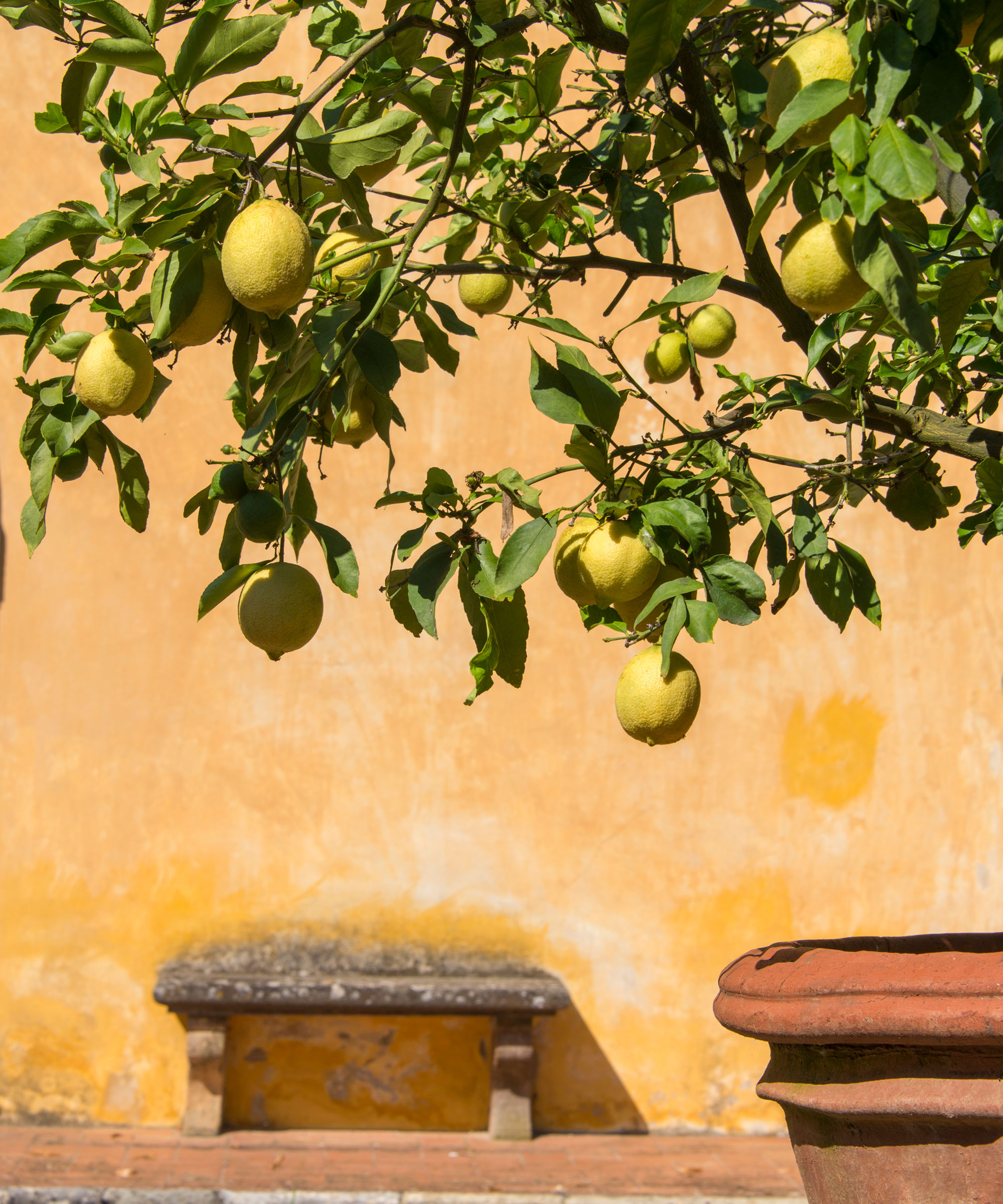
Figs, oranges and lemons all do well in large pots on a modern small patio or balcony, and smell wonderful too. They are also a beautiful ornamental addition to your outdoor space.
Lemons are probably the variety of tree that are most synonymous with Mediterranean garden ideas. When planting lemon trees, remember they are the most cold-sensitive among the citrus trees, only tolerating winters in USDA zone 9 and above. If you live in a colder area bring them indoors over winter or protect them with horticultural fleece when frost is forecast.
'Pomegranate is another great option for Mediterranean garden ideas,' says Troy. 'These trees can be grown to full orchard size or in a container as small as a half wine barrel. It may be helpful to grow a few small trees near each other to increase pollination.'
Imagine picking sun-warmed fruit from your tree. Nothing will sum up the Mediterranean garden experience better.
3 plants to buy for your Mediterranean garden
Be The First To Know
The Livingetc newsletters are your inside source for what’s shaping interiors now - and what’s next. Discover trend forecasts, smart style ideas, and curated shopping inspiration that brings design to life. Subscribe today and stay ahead of the curve.
Lifestyle journalist Sarah Wilson writes about flowers, plants, garden design and trends. She has studied introductory garden and landscape design and floristry, and also has an RHS Level 2 qualification in the Principles of Plant Growth and Development. In addition to homesandgardens.com and livingetc.com she's written for gardeningetc.com, Real Homes, Modern Gardens and Country Homes & Interiors magazines. Her first job was at Elle magazine, during which time a trip to the beautiful La Colombe d'Or in St-Paul-de-Vence led to an interest in writing about all things botanical. Later as lifestyle editor at Country Homes & Interiors magazine the real pull was the run of captivating country gardens that were featured.
-
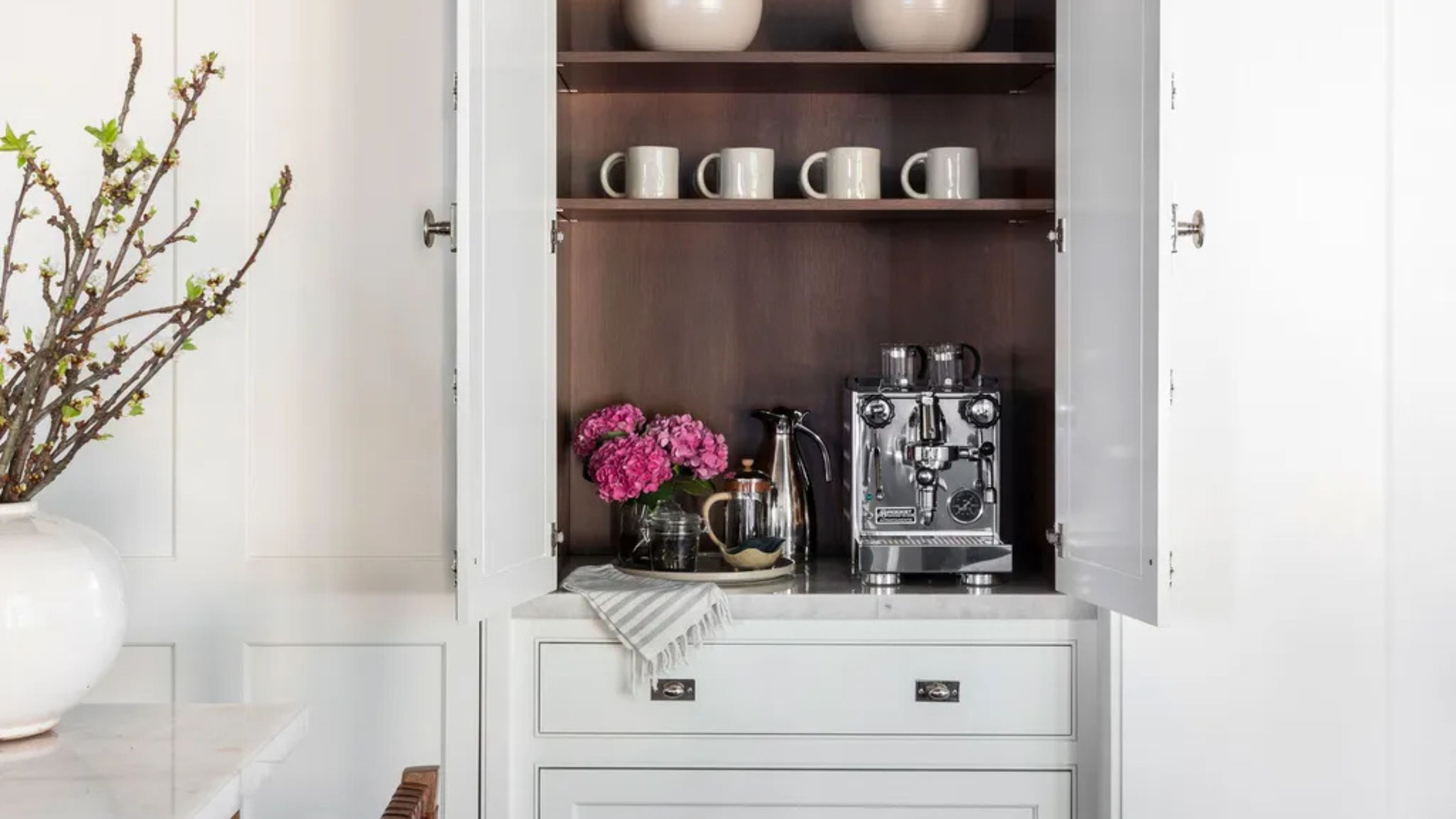 Turns Out the Coolest New Café is Actually In Your Kitchen — Here's How to Steal the Style of TikTok's Latest Trend
Turns Out the Coolest New Café is Actually In Your Kitchen — Here's How to Steal the Style of TikTok's Latest TrendGoodbye, over-priced lattes. Hello, home-brewed coffee with friends. TikTok's 'Home Cafe' trend brings stylish cafe culture into the comfort of your own home
By Devin Toolen Published
-
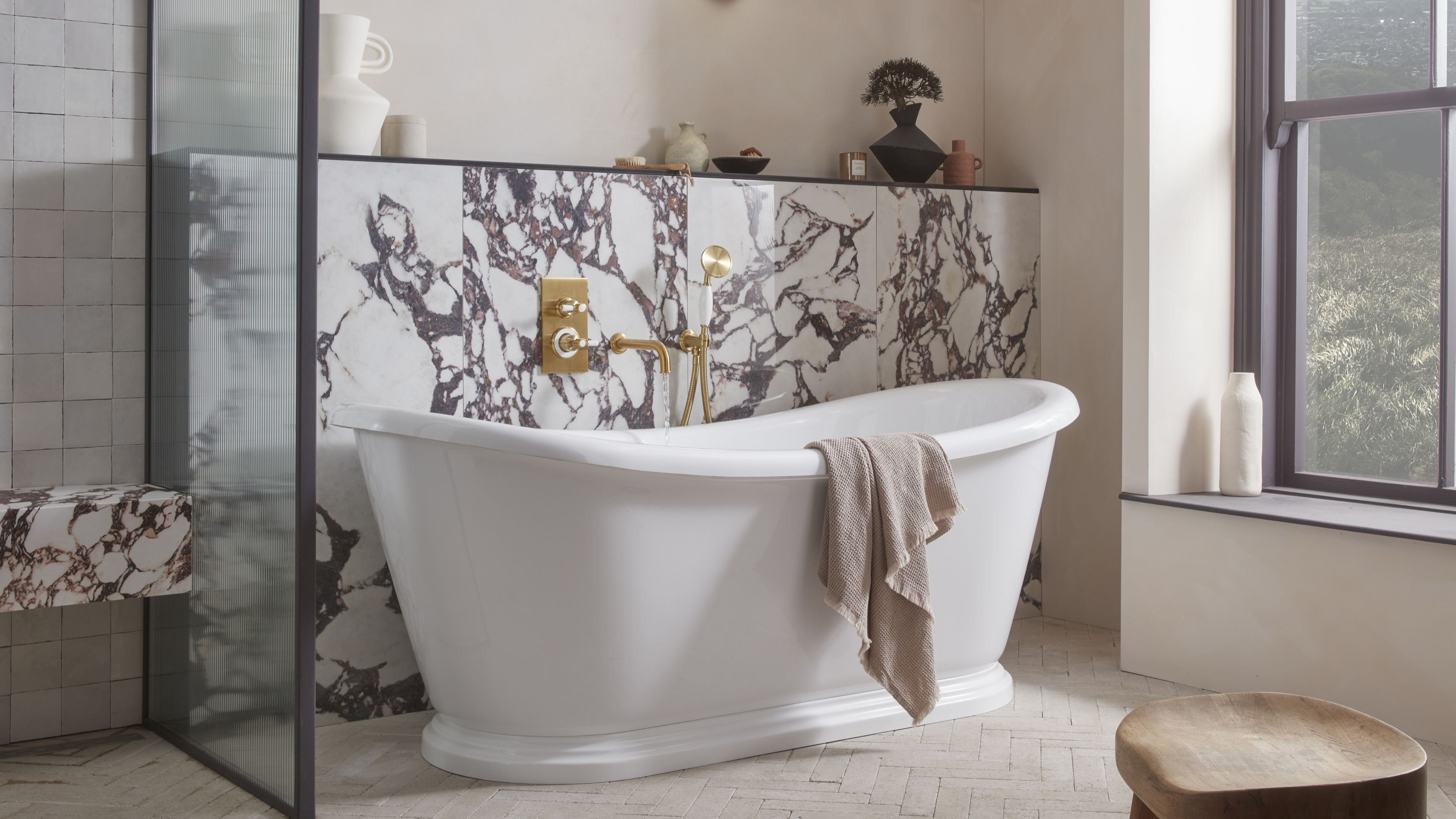 5 Bathroom Layouts That Look Dated in 2025 — Plus the Alternatives Designers Use Instead for a More Contemporary Space
5 Bathroom Layouts That Look Dated in 2025 — Plus the Alternatives Designers Use Instead for a More Contemporary SpaceFor a bathroom that feels in line with the times, avoid these layouts and be more intentional with the placement and positioning of your features and fixtures
By Lilith Hudson Published
